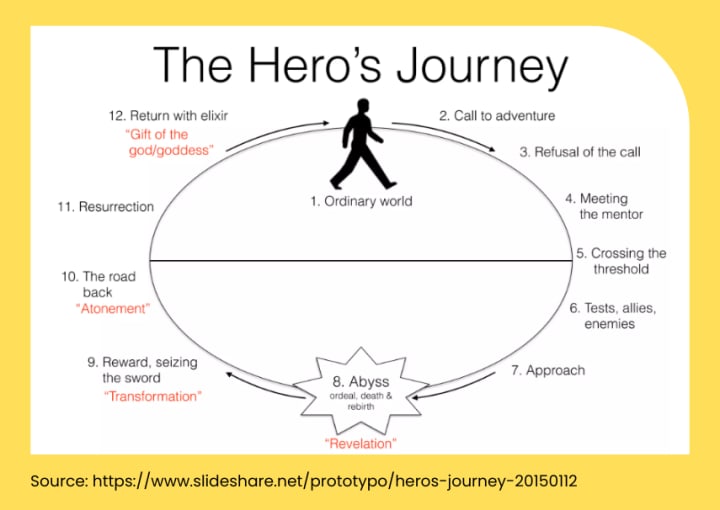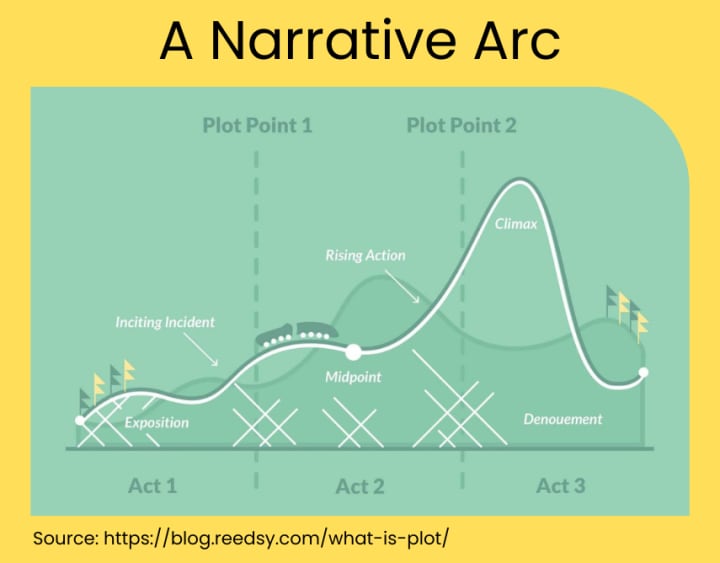The Art of Writing About Yourself in College
It's not only about application essays but personal stories you share with peers and educators to showcase your nature.

Writing about yourself when a student is an opportunity for self-reflection and personal growth. It allows you to showcase your unique qualities, experiences, and aspirations. Whether you're crafting a personal statement for college applications or simply sharing your experiences in a blog post, how you structure your story and present yourself matters.
Let's delve into the art of crafting compelling personal essays that capture the reader's attention. By understanding the purpose, reflecting on personal experiences, and conveying authenticity, you can stand out among other writers. The tips also relate to narrative writing, reminding us of storytelling able to create compelling messages that resonate with your readers.
Understanding the Audience:
Personal statements and essays are windows into your character and potential contributions to the college community. Before diving into writing about yourself, it's crucial to identify your target audience.
Consider who will read your piece and adapt your style and tone accordingly. Are you writing for potential college admissions officers? Peers? Teachers? Understanding the expectations and preferences of your audience will help you tailor your content effectively.
Reflection and Self-Discovery:
Writing about yourself requires introspection and self-discovery. Take the time to reflect on your personal experiences and achievements, both academic and extracurricular. Think about the challenges you've overcome, the lessons you've learned, and the growth you've experienced. This reflection will provide you with valuable material to share in your writing.
Reflect on the experiences that have shaped your identity and values. It can be moments of personal growth, challenges overcome, or impactful encounters. When writing, avoid generic statements and clichés.
Instead, delve deep into your thoughts, emotions, and insights. Share specific anecdotes and use vivid details to paint a vivid picture of your perspectives.
Convey passion, showcase growth and resilience, and demonstrate strength and unique qualities.
Write about your genuine interests and goals in your story. Share how you have overcome challenges or setbacks, illustrating your ability to adapt and learn from experiences. It will allow you to show your problem-solving skills and how you have used adversity as an opportunity for personal development.
Identify what sets you apart and highlight it in your essay. Whether it's your leadership skills, creativity, analytical thinking, or a combination of qualities, you need to tell about them for the audience to see you as a story hero and understand your motivations.

Structuring the Narrative:
An engaging personal essay is like a captivating story. It has a strong opening that immediately grabs the reader's attention and maintains their interest throughout. Develop a coherent storyline that takes the reader on a journey, weaving experiences, reflections, and aspirations.
Consider the order in which you present your ideas and experiences:
- You could opt for a chronological approach, showcasing your journey from the past to the present.
- Alternatively, you might choose a thematic structure, organizing your thoughts around core themes or values.
Whatever structure you choose, incorporate storytelling techniques into your draft: vivid descriptions, engaging anecdotes, and relevant examples. These elements will bring your narrative to life and captivate your readers. Also, ensure the story reveals your personal growth, transformation, and sense of purpose.

Writing Style and Tone:
When writing about yourself, you should find the fine line between professionalism and personal voice:
- Infuse your writing with your unique personality.
- Adopt a positive and confident tone, showcasing your achievements and aspirations.
- Avoid clichés and generic phrases
- Use specific language and vivid imagery to convey your experiences.
Seeking Feedback and Editing:
Writing about yourself can be challenging, but seeking feedback from trusted mentors, teachers, or peers can provide valuable perspectives. Incorporate constructive feedback to improve your story's clarity, coherence, and impact. Revise it multiple times to ensure your ideas are polished and effectively communicated.
Consider their suggestions and make revisions to improve your story. Additionally, pay attention to grammar, clarity, and coherence. Proofread meticulously to ensure it's error-free. (Nothing frustrates readers more than tons of typos and errors in a story. It distracts from the plot and undermines the author's best efforts.)
So?
Mastering the art of writing about yourself in college requires thoughtful introspection, authenticity, and effective storytelling. By understanding the purpose, reflecting on personal experiences, and conveying your unique qualities, you can create a personal essay that stands out.
Remember to strike a balance between professionalism and personal voice, and don't hesitate to seek feedback and edit your work.
Embrace the opportunity to share your story and demonstrate your potential to make a positive impact in college and beyond. Happy writing!
About the Creator
Lesley J. Vos
Content writer and blogger. Ambitious dreamer and wanderer. Proud guest writer and contributor to blogs on writing and social media. Twitter: @LesleyVos
Reader insights
Outstanding
Excellent work. Looking forward to reading more!
Top insight
Expert insights and opinions
Arguments were carefully researched and presented






Comments (2)
right
Excellent advice! 👏